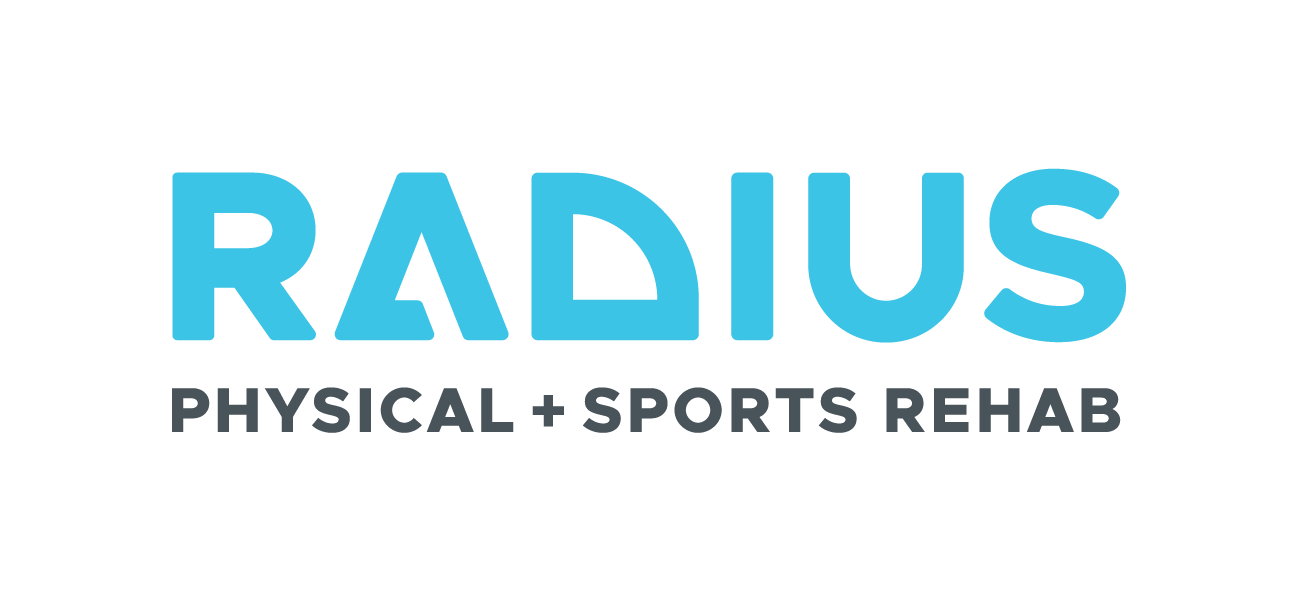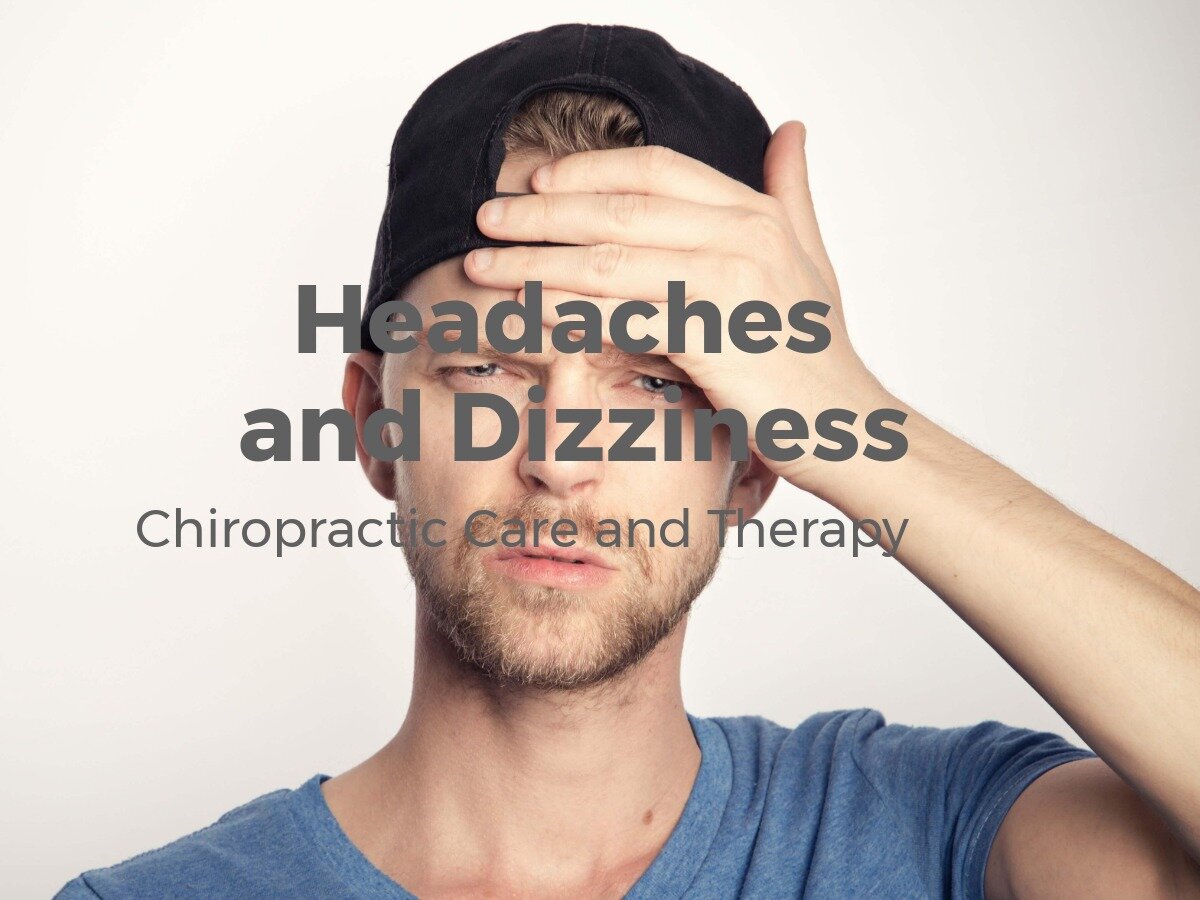Headaches and Dizziness caused by Auto Accident Injuries
Radius Clinic Treats Headaches and Dizziness in Car Accident Victims
At Radius Clinic, we treat people who suffer from headaches or dizziness following a car accident. Although trauma from an auto collision can result in all manner of musculoskeletal injuries, experts at Radius train in diagnosing and treating these conditions. After an examination, we’ll render a diagnosis and explain the injuries you’ve sustained due to the accident.
Then, we begin our targeted treatment, which may consist of manual therapy, joint mobilization/manipulation, and physical rehabilitation—getting swift attention after a car accident is critical to optimize recovery. The professionals at Radius Clinic are here to guide and support you during this process.
The Significance of Head Trauma
According to the National Highway Traffic Safety Administration (NHTSA), nearly 50 percent of people who are hospitalized after an auto accident leave the hospital with continuing headaches and dizziness. More severe head and neck injuries can result in a loss of balance or coordination, cognitive impairment, sensory difficulties, or other problems that can get in the way of your ability to work or enjoy life. It is always best to have a team of healthcare professionals on your side who are equipped to help you overcome these significant challenges.
How do Car Crashes Cause Head Trauma?
Two primary symptoms of a head injury after an automobile accident: headaches and dizziness. Different conditions can generate symptoms of headache and dizziness following an automobile accident. Depending on which condition the accident victim has, there are several solutions available.
Headaches
The following are conditions that can cause headaches after an automobile accident:
Concussion: A concussion results from the brain forcefully connecting with the inside of the skull. The brain is a delicate structure and is a consistency likened to the softest tofu variety. It resides in the skull suspended in fluid. Often in car accidents, sudden forces can cause the brain to accelerate and abruptly collide with the inside of the skull. It’s similar to stubbing your toe; your toe is accelerating as you step forward and then is suddenly stopped by, say, the corner of a wall or a stone in the middle of the trail. Due to the delicate consistency (think of that block of tofu), even a tiny amount of force can cause significant damage. Whether mild or severe, concussions can impair one’s ability to function and require the help of a professional who understands how to recognize symptoms so appropriate treatment can be rendered. A professional will utilize the necessary tools to diagnose your problem and take the essential first steps toward addressing it.
Whiplash: A sudden whipping of the neck and head puts tremendous strain on the muscles, nerves, and connective tissue in the neck. When these sensitive areas experience trauma, headaches are a typical result.
Muscle Spasms/tension: While muscles spasms and excessive muscle tension, sometimes referred to as hypertonicity, may be a symptom of other injuries (such as whiplash, herniated disc, strains, and sprains), the excessive tension from hypertonic muscles in the region of the neck can produce tension-related headaches. Treatment can provide significant relief. The providers at Radius are skilled at assessing and addressing areas of hypertonicity.
Cerebral Contusion: Also called a “brain bruise,” this condition indicates bleeding in the brain. A mild bruise, though dangerous, cerebral contusions can settle after a short time and heal on its own. An acute hemorrhage is a more severe condition that does not spontaneously resolve and can increase intracranial pressure, increasing pressure on the brain. Severe injuries like this require emergent care.
Fracture: A fracture refers to a broken bone. A break in the skull can occur during an automobile collision from the head coming in contact with a hard object. Skull fractures can cause the cranial cavity to become compromised, resulting in damage to the brain tissue or infections. This type of injury also requires emergent care. Pelvic Fractures
The Pelvis is composed of multiple bones and joints. The pelvis protects several vital organs such as the digestive tract, bladder, and reproductive organs. If the pelvis becomes fractured, the digestive tract can become damaged, resulting in an infection. If either the intestine or the bladder is injured, elimination can become difficult without medical assistance. Damage to this region can also put reproductive organs at risk. Pelvic fractures can also affect the low back and legs.
Dizziness
Auto accidents can also result in dizziness. If you are dizzy after an auto accident, seek medical attention to rule out anything serious. Here are the main conditions that can cause dizziness after an auto accident:
Paroxysmal Positional Vertigo: Benign Paroxysmal Positional Vertigo (BPPV) is a condition of the inner ear that causes vertigo. The inner ear contains small stones made of calcium that shift and tilt, relaying positional information to the brain about where the head is. This system dramatically affects balance. In the case of an auto accident, the violent forces of the collision move these crystals out of place. This condition is benign because it only presents as vertigo and often goes away on its own. Vertigo is a sensation in which your body cannot orient itself correctly with respect to gravity, and thus you can feel like the room is spinning or that you cannot keep your balance. Fortunately, there are methods to reset the inner ear if the condition does not resolve without intervention. Your Radius provider will determine if you have BPPV and take you through the necessary steps for treatment.
Vascular damage: When the vessels that carry oxygenated blood to the brain become damaged, several serious problems can arise, including a loss of consciousness, intracranial pressure (ICP), or throbbing pain. A car accident producing whiplash or a concussion can damage these vessels, which in turn can cause dizziness.
Cervicogenic Dizziness: This syndrome occurs when damage to the nerves in the neck results in improper signals being sent to the brain, causing an illusory sense of motion or disequilibrium. Often neck pain accompanies this sensation.
Brain Injury: Traumatic Brain Injury (TBI) can result in dizziness and disequilibrium, which will vary in severity depending on which parts of the brain were affected and how severe the injury is.
Conclusion
As you can see from this list, some of these conditions require immediate medical attention, and others do not. Because they all can cause headaches, dizziness, or both, it is vital to seek immediate medical attention after an auto accident. Once the more severe conditions have been ruled out or mitigated, physical rehabilitative care is the next step.
Treatment
If you have experienced a car accident, our experience is that you will require some form of a personalized rehab program to recover and experience symptom-free relief. The professionals at Radius Clinic are experts in musculoskeletal rehabilitation and know how to address and diagnose injury that has occurred to your head, neck, and spine. After an extensive examination, we will develop a comprehensive treatment plan specific to your needs, which may include strength and motion-based exercises, as well as manual therapy modalities that promote healing. With years of experience and many successes on our side, we are confident that we can give you the best chance of a complete recovery.
Contact Our Offices in Northern California for a Comprehensive Evaluation
If you live in Nevada, Placer, Sacramento, and El Dorado Counties, call or stop by one of our locations in Grass Valley or Roseville. Our friendly staff is waiting to meet your needs. If you have recently been in an automobile accident, contact one of our two locations in Roseville or Grass Valley to make an appointment. We’ve helped many others recover from a car accident injury, and our team is ready to help you too!
We have locations in Roseville and Grass Valley.





